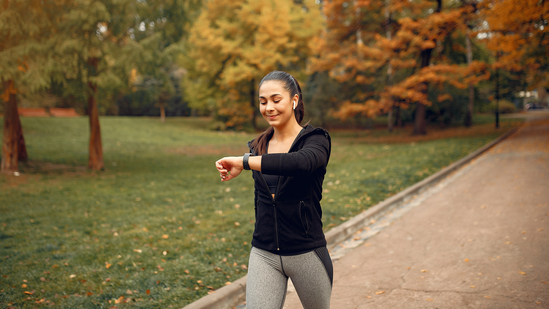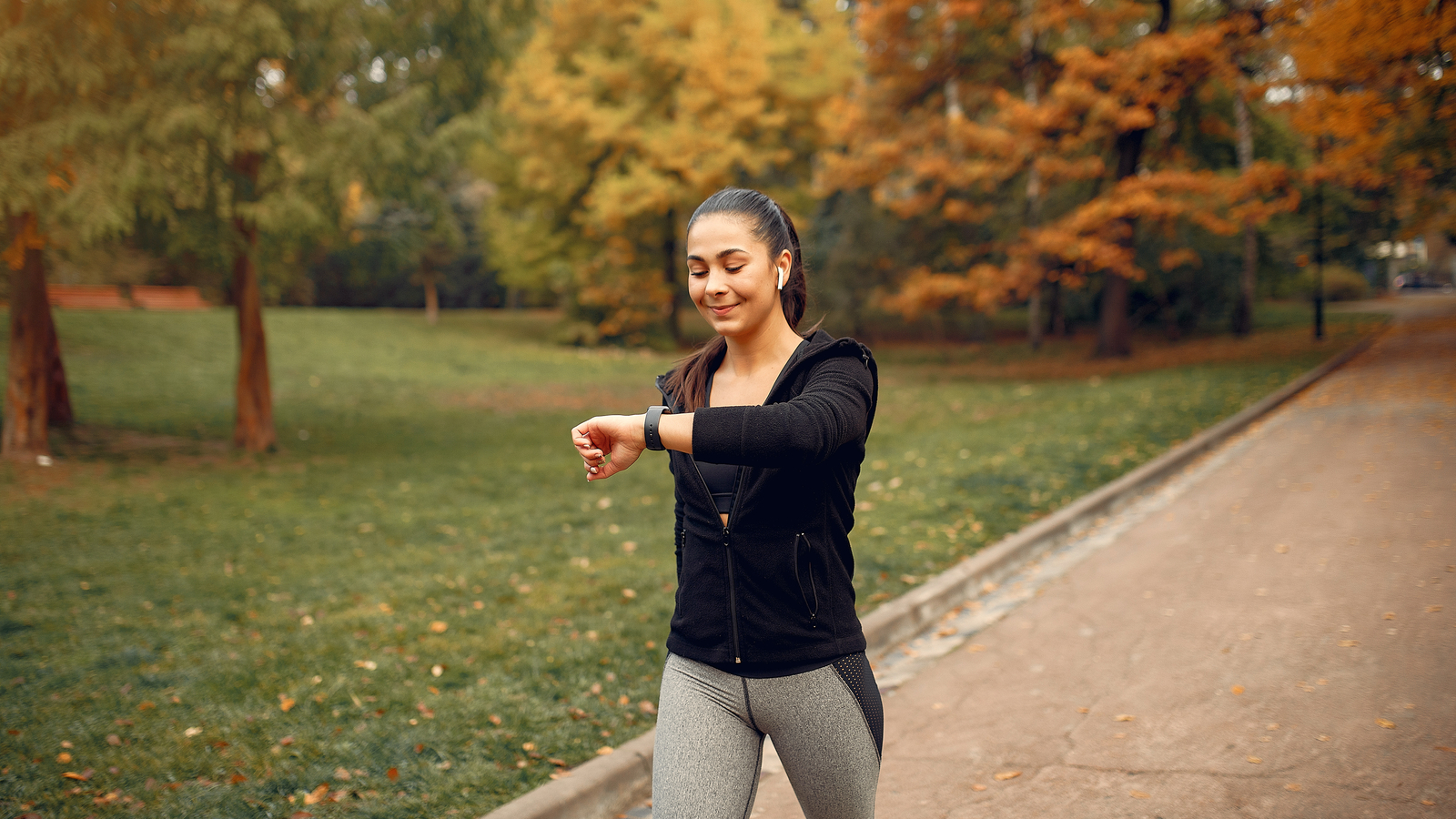Walking is a daily essential, the baseline activity to keep yourself moving and steer clear of a sedentary lifestyle. Getting out for your daily steps at any time is great because you are keeping yourself active, but when it comes to reaping specific benefits like higher calorie burn or improved digestion, does timing make a difference? It’s common to wonder whether the timing of your daily walk makes a difference. An expert weighed in on this.
 Walking is a daily essential to keep you active.(Freepik)
Walking is a daily essential to keep you active.(Freepik)
Dr Surender Pal Singh, HOD, Physiotherapy Department at the CK Birla Hospital, Delhi, shared with HT Lifestyle insights on whether a morning or evening walk is better, breaking down the unique benefits.
ALSO READ ON HEALTHSHOTS: Living with Chronic Fatigue Syndrome: Is it good to exercise?
Explaining the basics of walking, he said, “Walking is one of the simplest and most effective forms of physical activity. It not only supports weight management and cardiovascular health but also contributes to improved mental well-being. While both morning and evening walks offer unique benefits, the best time to walk ultimately depends on your lifestyle, schedule, and personal preference.”
Dr Singh shared a helpful guide with us, clarifying the key differences. While walking at any time of the day is beneficial for overall health, certain times come with added advantages.
Here’s the guide:
Morning walks
 Morning walks increase exposure to Vitamin D through sunlight, along with setting the tone for the day.(Freepik) 1. Who is morning walk recommended for:
Morning walks increase exposure to Vitamin D through sunlight, along with setting the tone for the day.(Freepik) 1. Who is morning walk recommended for:
Morning walks are often recommended for those who enjoy a fresh start to the day.
2. Benefits:
- In the early hours, energy levels tend to be higher, and walking at this time can help boost metabolism and promote fat burning.
- It sets a positive tone for the day, enhances mental clarity, and improves focus.
- Morning walks also offer the benefit of fewer distractions, cleaner air, and a calm environment, making it easier to maintain a consistent routine.
- Exposure to morning sunlight also supports vitamin D synthesis and helps regulate the body’s circadian rhythm, which plays a crucial role in sleep-wake cycles.
Evening walks  Evening walks improve digestion and regulate blood sugar levels. (Freepik) 1. Who is it recommended for:
Evening walks improve digestion and regulate blood sugar levels. (Freepik) 1. Who is it recommended for:
- Evening walks, on the other hand, are beneficial for those with a busy morning schedule.
- Or those who prefer winding down after a long day.
2. Benefits:
- Walking after dinner can aid digestion, regulate blood sugar levels, and reduce bloating.
- It also helps burn off calories consumed during the day, supporting weight control and overall metabolic health.
- Many find that an evening walk serves as a great way to de-stress, improve mood, and enhance the quality of sleep.
When should you walk to burn more calories?
- Both efficient: From a calorie-burning perspective, both morning and evening walks can be equally effective, provided the intensity and duration are consistent. The choice largely depends on what fits best into your daily routine.
- Morning walk edge: While morning walks may offer slightly better fat-burning potential due to higher energy levels and an empty stomach.
- Evening walk edge: Evening walks are no less effective and offer additional advantages, such as improved digestion and stress relief.
So, in conclusion, based on the expert’s breakdown of the timing, certain bodily functions benefit differently; for example, an evening walk after dinner helps regulate blood sugar, while a morning walk has slightly better fat-burning potential due to an empty stomach. So, if your goal is weight loss, you can go for morning walks, but if it’s about better metabolism and blood sugar control, then an evening walk is a good choice.
All in all, it depends on the availability of time, when one can accommodate a daily walk into their schedule, and which advantages one personally prioritises the most.
ALSO READ: Study reveals walking reduces depression risk: Find out how much your daily step count helps
Note to readers: This article is for informational purposes only and not a substitute for professional medical advice. Always seek the advice of your doctor with any questions about a medical condition.
